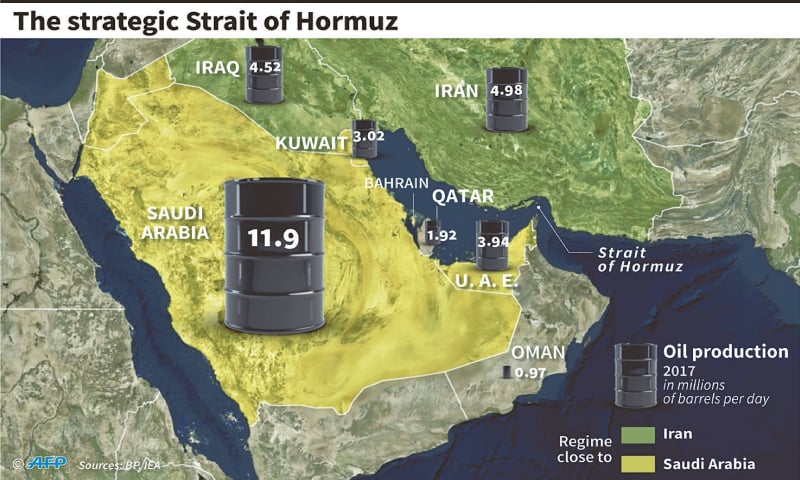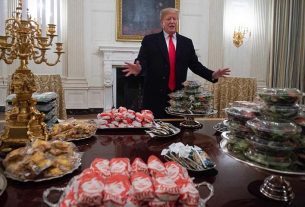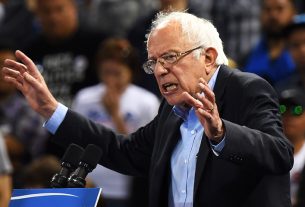WASHINGTON: President Donald Trump’s administration charged on Tuesday it was “quite possible” Iran was responsible for sabotage of Gulf oil interests, but said its robust response had stopped potential attacks on Americans.
Top Trump officials appeared to be toning down weeks of fiery warnings to Iran before delivering a classified briefing to the full Congress, where rival Democrats have accused the administration of hyping intelligence and pushing the United States dangerously close to war.
Secretary of State Mike Pompeo said the United States had not made “a definitive conclusion” that can be presented publicly over sabotage incidents of oil tankers off the United Arab Emirates or drone strikes on a crude pipeline in Saudi Arabia.
“But given all the regional conflicts that we have seen over the past decade and the shape of these attacks, it seems like it’s quite possible that Iran was behind these,” Pompeo told conservative radio host Hugh Hewitt before heading to Congress.
Yemen’s Houthi rebels claimed responsibility for last week’s drone strike on a major Saudi oil pipeline, which was shut down temporarily
“Most importantly, we will continue to take acts that protect American interests and that work to deter Iran from misbehaviour in the region, which has the real risk of escalating the situation such that crude oil prices rise,” he said.
Yemen’s Houthi rebels, who are allied with Iran and are being hit hard by US-backed air strikes, claimed responsibility last week for a drone strike on a major east-west pipeline in Saudi Arabia, which was forced to shut down temporarily.
John Bolton, Trump’s hawkish National Security Adviser, earlier this month warned of “unrelenting force” if Iran strikes at US interests as he announced the deployment to the region of an aircraft carrier strike group, followed by nuclear-capable B-52 bombers.
Acting US Defence Secretary Patrick Shanahan, who will also brief lawmakers alongside the military chief, Gen Joseph Dunford, said the US response had made an impact, but warned of continued risks.
“I think our steps were very prudent and we’ve put on hold the potential for attacks on Americans,” Shanahan told reporters.
“I’d say we’re in a period where the threat remains high and our job is to make sure that there is no miscalculation by the Iranians,” he said.
Last year President Trump pulled out of a multinational agreement negotiated under his predecessor Barack Obama, under which Iran drastically scaled back its nuclear work in return for promises of sanctions relief.
The administration, which is closely allied with the Saudis, instead vowed “maximum pressure” to weaken Tehran’s regional influence, including by trying to stop all oil sales by Iran.



